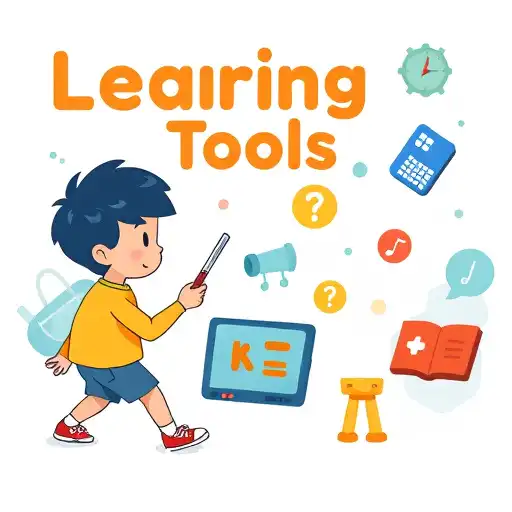In recent years, the landscape of education has dramatically evolved, paving the way for innovative methods that leverage technology to enhance learning experiences. Among these contemporary educational strategies, 'Learning Tools' games have emerged as a prominent category on digital platforms, capturing the attention of educators, parents, and students alike. Using the keyword 'jljl55', these games have gained popularity for their unique approach to fostering knowledge acquisition and cognitive development through interactive play.
'Learning Tools' games are designed to integrate educational content with engaging gameplay mechanics, creating a dynamic learning environment where students can explore new concepts in a fun and interactive manner. These games span a wide array of subjects, including mathematics, science, languages, and social studies, offering tailored experiences to meet the diverse educational needs of learners across different age groups.
One of the most significant advantages of 'Learning Tools' games is their ability to personalize learning experiences. By adapting to individual learning paces and providing instant feedback, these games create a supportive ecosystem where students can thrive. The use of real-time progress tracking allows educators and parents to monitor growth and identify areas that require additional attention, thus enabling a targeted approach to education.
Moreover, 'Learning Tools' games contribute to the development of critical thinking and problem-solving skills. Through a blend of challenges and rewards, students are encouraged to apply logic, analyze patterns, and devise strategies to achieve objectives. Such experiences not only bolster cognitive abilities but also instill a sense of accomplishment and confidence in learners.
The success of 'Learning Tools' games can also be attributed to their ability to make learning accessible and inclusive. With the availability of these games on multiple platforms, including computers, tablets, and smartphones, students from various backgrounds can engage with educational content without geographical or financial barriers. Furthermore, the incorporation of visually appealing graphics, interactive animations, and compelling narratives captivates students' attention, making learning an enjoyable and immersive experience.
As technology continues to advance, the future of 'Learning Tools' games appears promising. The integration of artificial intelligence and machine learning into these games could lead to even more personalized and adaptive learning environments, further enhancing educational outcomes. Collaborative features that enable students to work together in virtual spaces could also foster important social skills and teamwork.
In conclusion, the influence of 'Learning Tools' games on modern education is undeniable. By blending entertainment with education, these innovative tools not only enhance cognitive development but also pave the way for a more engaging and inclusive learning environment. As educators and game developers continue to collaborate, the potential of 'Learning Tools' games to revolutionize education becomes increasingly evident.

An in-depth analysis of how 'Learning Tools' games are shaping educational practices, fostering interactive learning, and influencing cognitive development in students of all ages.




